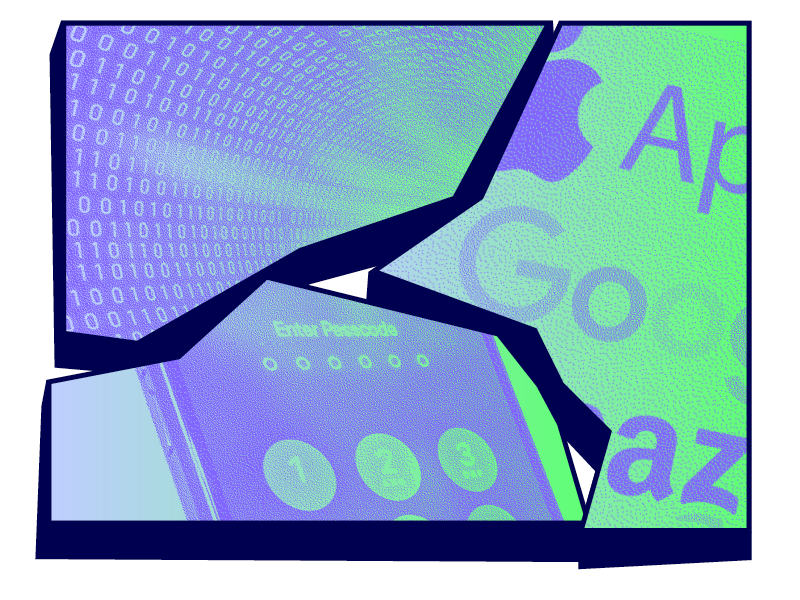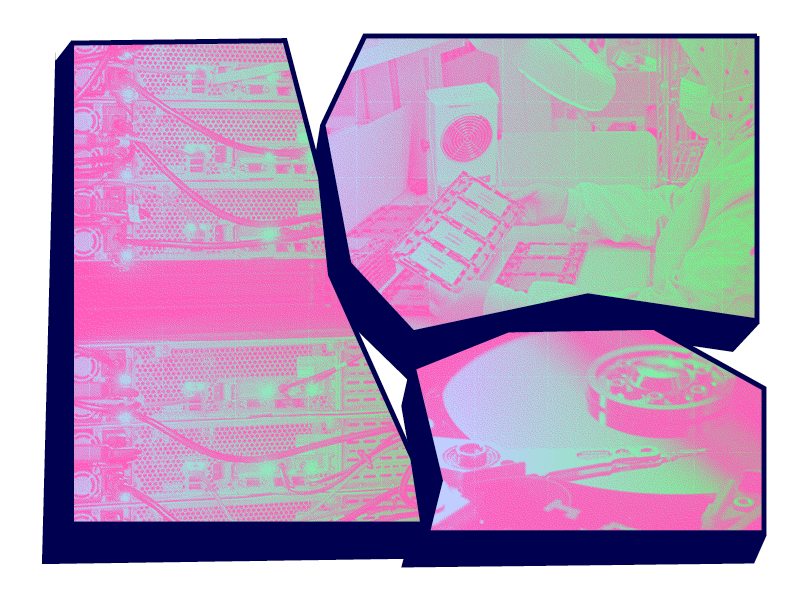The project
DIGISOV (Digital Governance and Sovereignty in a Fractured World: Competing States and Circulating Norms) is a 36-month research project (March 2024–2027), funded by the ANR (French National Research Agency) as part of the 2023 Generic Call for Projects. It is coordinated by Benjamin Loveluck (CERSA, Paris-Panthéon-Assas University).
Presentation
In the context of growing challenges to globalization, calls to (re)assert “digital sovereignty” are becoming increasingly urgent: state intervention is seen as necessary to protect the interests of citizens and consumers, stimulate competitive advantages and innovation, and address strategic and security issues. Digital sovereignty thus calls into question the original model of the “Silicon Valley open internet”. However, it is a polysemous notion, invoked both by authoritarian states and liberal democracies, which translates into contrasting regulatory, policy, and technical approaches.
The goal of this project is to offer a better empirical and theoretical understanding—from a social sciences perspective—of the production and circulation of digital norms, as well as a more precise assessment of the state’s involvement in shaping these norms. The project aims to go beyond strictly legal interpretations of digital sovereignty and its rhetorical uses in political discourse, by understanding it “from within” as an ongoing series of negotiations, struggles, and controversies.
The project will develop a comparative perspective drawing on several key national and supranational actors: the EU (and its member states), Russia and China, as well as the United States as the dominant model. It is organized around three main axes:
1. Data & market regulation
- The trajectory of European regulations from the GDPR to the DMA/DSA
- The Chinese model of data governance and its export to third countries
- Russian data regulation as a tool for asserting sovereignty

2. Infrastructures & industrial strategies
- Sovereign cloud initiatives in Europe
- Chinese infrastructural interventionism
- Effects of sanctions on Russian infrastructures

3. Management of the public sphere
- Levels of intervention (national, supranational) for platform regulation in Europe
- Export of the Chinese model of online content control
- Evolution of the Russian model of content control in a wartime context

Partners
The DIGISOV project brings together a multidisciplinary team whose members belong to four research centers:
- Paris-Panthéon-Assas University
- CERCEC / EHESS-CNRS
- SAGE / Strasbourg Univeristy-CNRS
- Center for Internet and Society / CNRS




